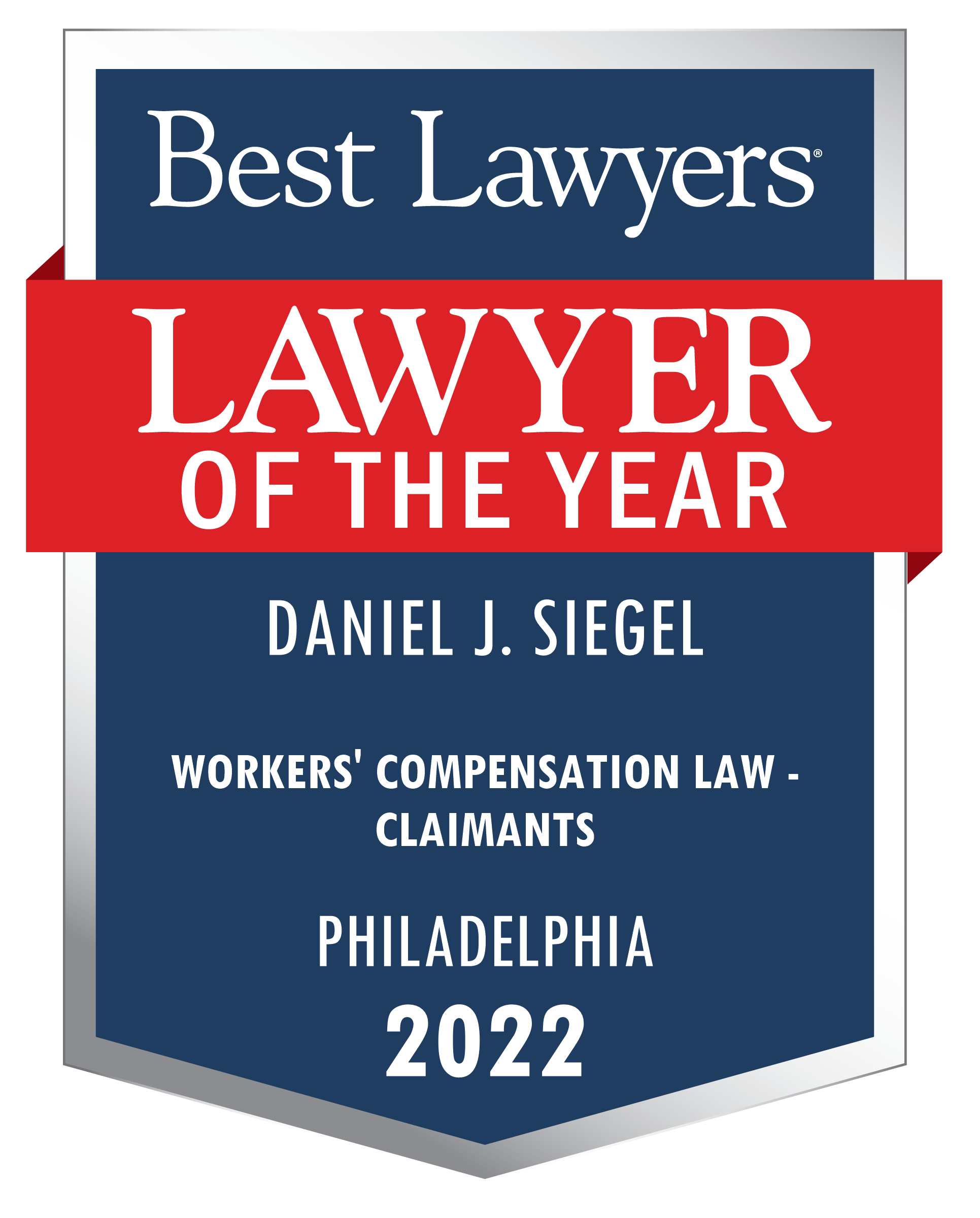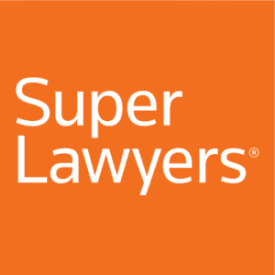A Divided Pennsylvania Supreme Court Affirms That Communications Between Counsel and an Expert Are Not Discoverable
In the long-awaited decision in Barrick v. Holy Spirit Hospital, an evenly-divided Supreme Court today held that communication between counsel and an expert are privileged material pursuant to Pa.R.C.P. 4003.3 and 4003.5. In so ruling, the three Justices supporting affirmance noted that “Rule 4003.3 balances the general rule of expansive discovery with the deep-rooted protection of attorney work product, and that “attempting to extricate the work product [provided to an expert] from the related facts will add unnecessary difficulty and delay into the discovery process.”
The three Justices supporting reversal argued that “This Court’s procedural rules do not establish a categorical prohibition against discovery of all correspondence between an attorney and an expert.” Consequently, “purely factual or other information — such as evidence and scientific doctrines that an expert may consider when forming an opinion — that does not represent core attorney work product, although contained within communications between counsel and an expert witness, does not fall within Rule 4003.3’s protective scope … therefore, we would hold that it may be discovery — so long as the mandates of Rule 4003.5 [concerning discovery related to expert testimony] are satisfied.”







